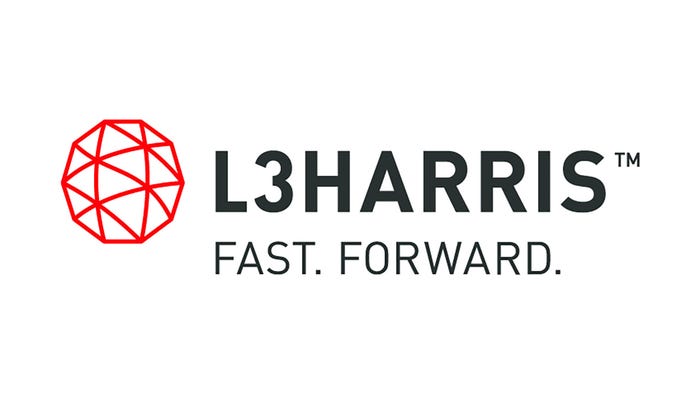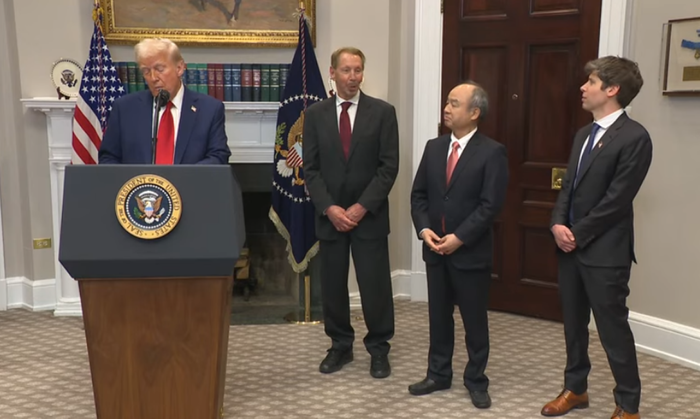Lynk Global announces video of two-way sat-to-phone voice callsLynk Global announces video of two-way sat-to-phone voice calls
.jpg?width=1280&auto=webp&quality=95&format=jpg&disable=upscale)
Lynk Global today released a video of multiple two-way voice calls using the company’s satellite-direct-to-phone (sat2phone) technology that leverages low-Earth-orbit (LEO) satellites acting as cellular towers that can communicate with unmodified smart devices.
Virginia-based Lynk CEO and co-founder Charles Miller said the video of the voice calls demonstrates the long-term capabilities of the Lynk technology, although the company’s initial services support only text messaging until the company’s constellation has many more satellites.
“There are people trying to paint us into a corner, saying that we’re only a messaging company, which is not true,” Miller said during an interview with IWCE’s Urgent Communications. “We’re doing voice and data, and our technology will support broadband, too. We’re just doing this [text messaging] first.”
Earlier this year, Texas-based AST SpaceMobile claimed it completed the first two-way voice call using sat2phone technology during tests conducted with mobile carriers AT&T, Rakuten and Vodafone. Lynk officials note that its video is the first such video of working sat2phone calls, with Miller questioning the AST SpaceMobile calls.
“The other company [AST SpaceMobile] put out some claim about doing voice,” Miller said. “We just said, ‘If you can really do it, videotape it and show it to the world. Otherwise, you haven’t done it.’
“Why is there no video? There’s really no excuse for it, if it’s working. I’m skeptical, and I don’t think they did it. I don’t think they did real-time voice.”
There have been multiple sat2phone service announcements made during the past year, but most of the planned offerings are limited to text-messaging services. Lynk’s initial service—it already has announced operations with mobile network operator PNCC in Palau—also are limited currently to text messaging, but they promise to deliver much more in the future, according to Miller.
“This is not just messaging,” he said. “There are companies out there doing messaging. Yeah, we’re going to do messaging, but this is not just messaging. This technology that Lynk is developing supports messaging, voice and broadband—we are going to do it all.
“It’s great that companies like Bullitt, Apple and Qualcomm with Iridium are going to do messaging. That’s going to save some lives in the interim, but once we have our full network, we’re not going to need those systems anymore, because you’ll have continuous, real-time services of everything—messaging, voice and broadband data. So, those text-messaging services will not be needed at that point.”
Lynk’s ability to provide continuous global coverage with broadband service is “about three years out,” Miller said. Lynk officials previously have stated that it will take several hundred LEO satellites to reach this threshold. Miller said Lynk plans to launch “several dozen” LEO satellites during the upcoming 12 months, including three this fall.
For the first responders and the rest of the critical-communications industry, the potential impact of sat2phone technology being successful is significant.
“This is going to happen,” Miller said. “This service is inevitable. It’s not inevitable that it’s going to be Lynk, but this service is inevitable, and it’s going to have big implications on public safety.”





_Zoonar_GmbH_Alamy[1].jpg?width=700&auto=webp&quality=80&disable=upscale)